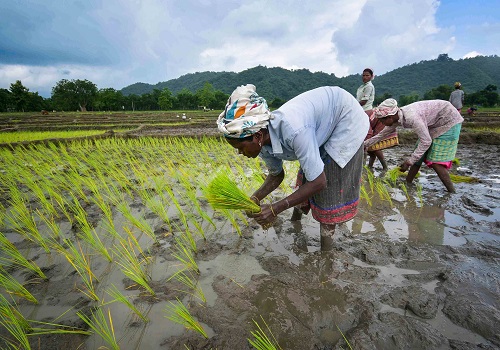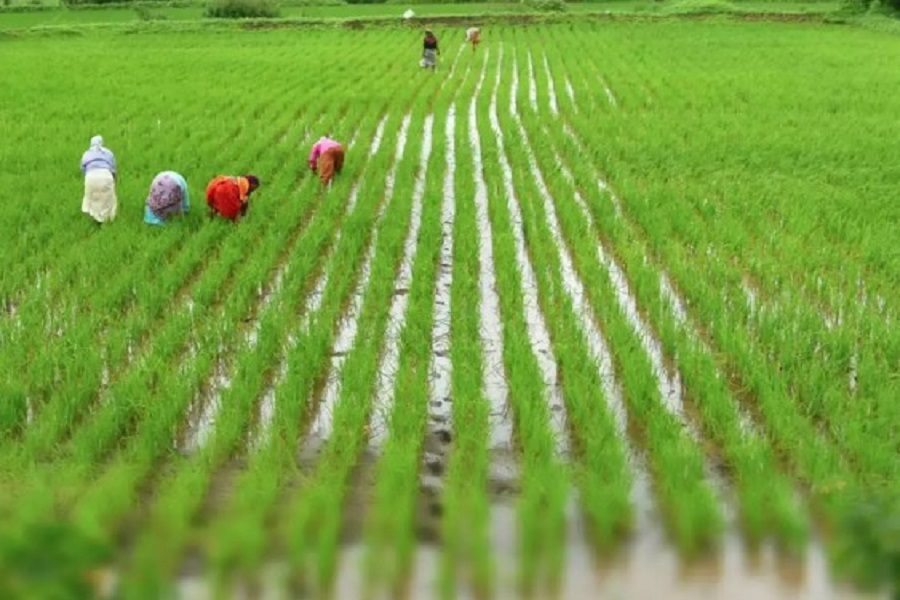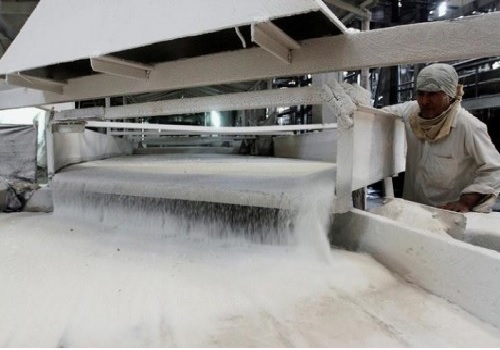India`s Oilmeals Exports Dip in Q1; June Sees a Surprising Surge by Amit Gupta, Kedia Advisory
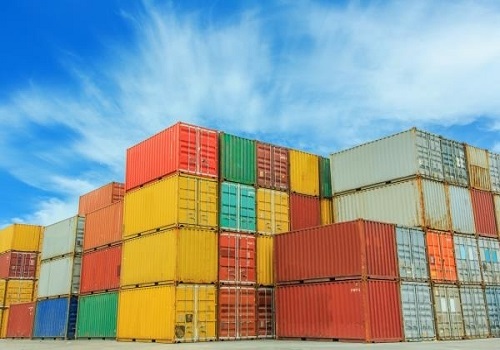
India's oilmeals exports dropped by 9% in Q1 2024-25 due to reduced shipments of rapeseed and castorseed meals and a ban on de-oiled ricebran exports. Despite this, June saw a 19.71% increase in exports. Soyabean meal exports rose, but higher prices affected competitiveness. Key markets like South Korea, Vietnam, Thailand, and Bangladesh showed varied import levels.
Highlights
Export Decline in Q1: India's oilmeals exports fell by 9% in Q1 2024-25, totaling 11.02 lakh tonnes, compared to 12.10 lakh tonnes in the same period last year.
June Export Surge: Despite the Q1 decline, oilmeals exports saw a 19.71% increase in June 2024, reaching 3.35 lakh tonnes, up from 2.80 lakh tonnes in June 2023.
Reduction in Rapeseed and Castorseed Meal Exports: The decline in Q1 oilmeals exports was primarily due to reduced shipments of rapeseed meal (5.23 lakh tonnes) and castorseed meal (78,776 tonnes).
De-Oiled Ricebran Export Ban: No exports of de-oiled ricebran have occurred since September 2023 due to a government prohibition, contributing to the overall export decline.
Appeal to Lift Ban: With de-oiled ricebran prices falling and increased availability of DDGS, SEA has appealed to the government not to extend the export prohibition beyond July 31, 2024.
Soyabean Meal Exports Increase: Soyabean meal exports rose to 4.96 lakh tonnes in Q1 2024-25 from 3.64 lakh tonnes in the previous year, despite higher prices making it less competitive globally.
Price Competitiveness Issues: Indian soyabean meal is quoted at $495 per tonne (ex-Kandla), higher than $423 per tonne (ex-Rotterdam), making it less attractive in the international market.
South Korea's Imports: South Korea imported 1.88 lakh tonnes of oilmeals from India in Q1 2024-25, down from 2.47 lakh tonnes, with rapeseed meal being the largest component.
Vietnam's Imports: Vietnam imported 55,420 tonnes of oilmeals from India in Q1 2024-25, with rapeseed meal making up the majority at 48,920 tonnes.
Thailand's Imports: Thailand's imports of Indian oilmeals fell to 1.08 lakh tonnes in Q1 2024-25 from 1.86 lakh tonnes, mostly consisting of rapeseed meal.
Bangladesh's Imports: Bangladesh imported 2.18 lakh tonnes of oilmeals from India in Q1 2024-25, including a significant 1.83 lakh tonnes of rapeseed meal.
Iran's Soyabean Meal Imports: Iran emerged as the largest importer of Indian soyabean meal in Q1 2024-25, with 1.14 lakh tonnes shipped, including via Dubai.
Conclusion
India's oilmeals export landscape in Q1 2024-25 faced challenges with notable declines in rapeseed and castorseed meal shipments and restrictions on de-oiled ricebran. However, the rise in soyabean meal exports and a strong performance in June highlight the potential for recovery. The SEA's appeal to lift the de-oiled ricebran export ban underscores the need for policy adjustments to support the sector. Moving forward, addressing price competitiveness and maintaining strong trade relationships with key importers will be crucial for sustaining and boosting India's oilmeals exports.
Above views are of the author and not of the website kindly read disclaimer
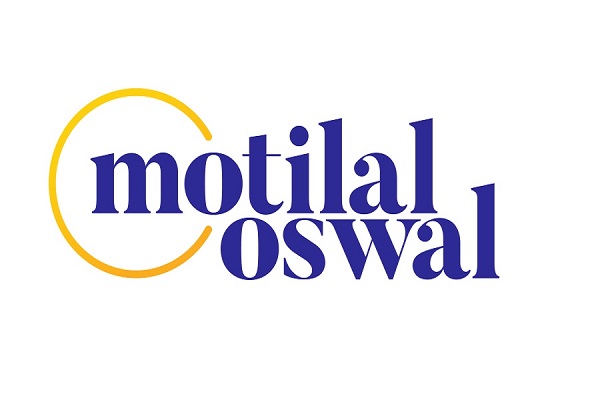




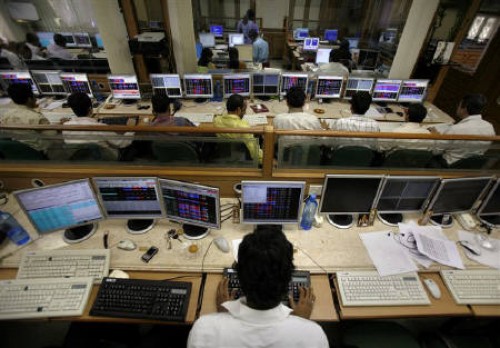
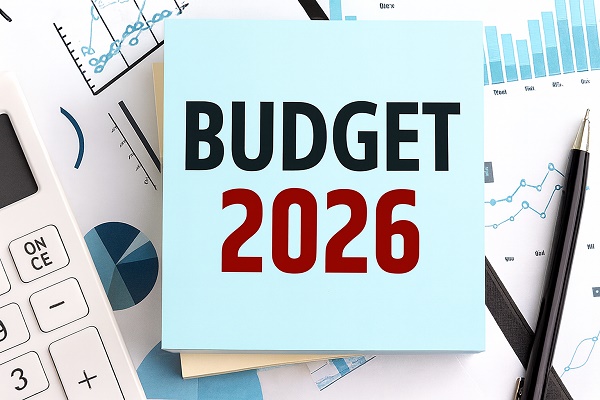
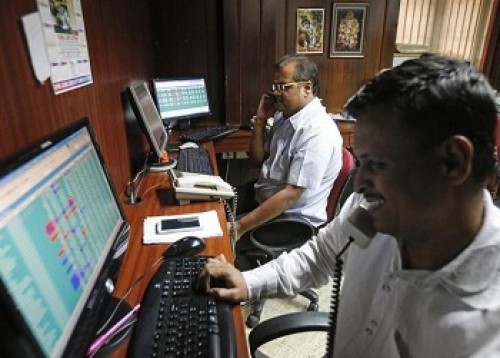


Tag News

Gold, Silver Retreat as Index Rebalancing Triggers Selling by Amit Gupta, Kedia Advisory






